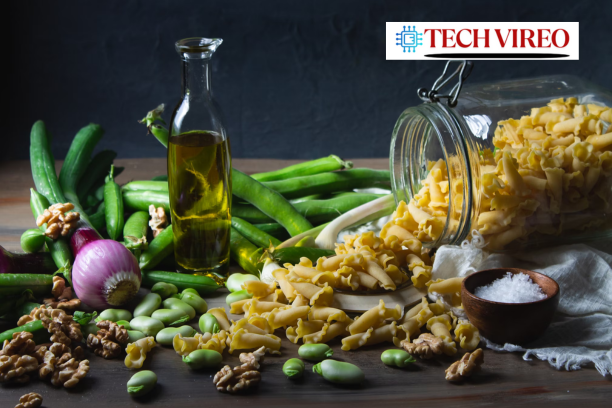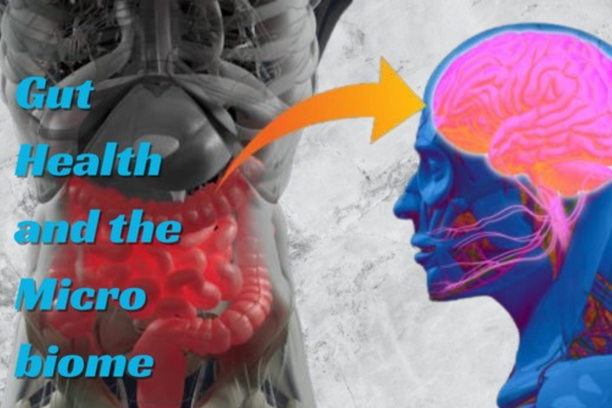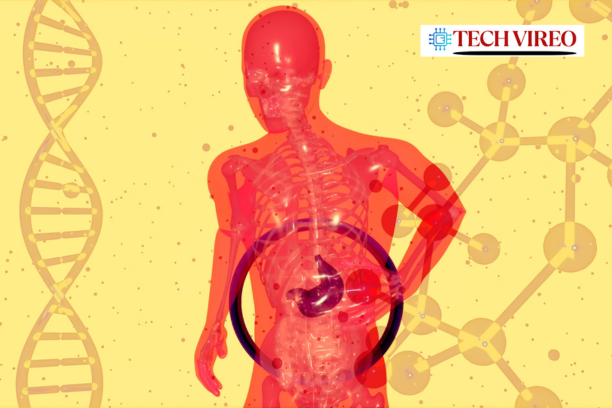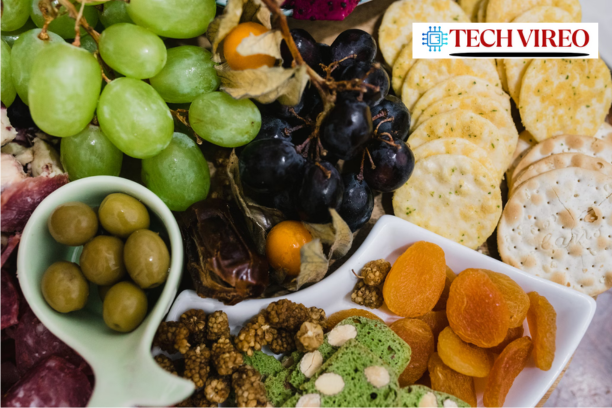Why Food Is the #1 Gut Disruptor in 2025
In 2025, gut health microbiome is more than just a wellness trend it’s a cornerstone of immune defense, mood regulation, and even weight balance. Across the UK, USA, and Canada, a rising number of people suffer from bloating, fatigue, and food sensitivities, often without realizing their diet is silently sabotaging their health.
The truth? The modern food system is filled with substances that disrupt your gut microbiome, damage the intestinal lining, and weaken the gut-brain connection. But once you know what to avoid and what to eat instead you can begin reversing the damage from the inside out.
1. Ultra-Processed Foods: The #1 Gut health Microbiome Killer
From crisps to instant noodles, ultra-processed foods are packed with preservatives, emulsifiers, and additives that damage the gut lining and throw off gut flora balance.
These artificial ingredients lead to:
- Leaky gut syndrome
- Impaired nutrient absorption
- Poor bowel movements
They promote chronic inflammation, weaken immune system support, and fuel harmful bacteria.
Instead, eat: Whole, unprocessed meals with fermented foods, bone broth, and seasonal veggies.
2. Refined Sugars and Artificial Sweeteners
Sugar isn’t just a weight gain culprit it disrupts your gut flora and feeds harmful bacteria.
Artificial sweeteners like sucralose and aspartame, common in “diet” products, may be zero-calorie, but they aren’t zero-impact. These sweeteners lower short-chain fatty acid production and negatively impact your gut-brain connection.
They can also lead to:
- Anxiety and mood swings
- Poor skin health
- Dysbiosis (bad bacteria overgrowth)
Instead, eat: Raw honey, monk fruit, or fiber-rich fruits for natural sweetness.
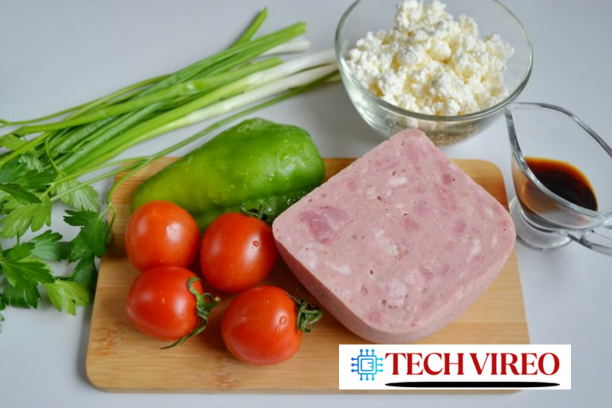
3. Gluten and Inflammatory Grains
Even without celiac disease, gluten from wheat, rye, and barley can cause the release of zonulin. As a result, this increases intestinal permeability, also known as leaky gut.
Symptoms of gluten-related gut irritation include:
- Brain fog
- Bloating and fatigue
- Food sensitivities
Instead, eat: Gluten-free options like quinoa, buckwheat, millet, or ancient grains like sorghum.
4. Excess Dairy (Especially Non-Organic)
Conventional dairy, especially milk with A1 casein, causes inflammation in sensitive guts. Lactose intolerance is another common trigger across populations in the USA, UK, and Canada, leading to bloating, cramps, and disrupted digestion.
Non-organic dairy may also contain antibiotics and hormones that disrupt your gut microbiome.
Instead, eat: Fermented food dairy like kefir and yogurt or plant-based probiotics like coconut yogurt and almond kefir.
5. Alcohol, Especially Beer and Spirits
Regular alcohol intake, especially beer and hard liquors, destroys gut bacteria. In addition, it weakens the intestinal lining and causes long-term microbiota imbalance.
Alcohol increases:
- Gut permeability
- Systemic inflammation
- Risk of immune dysfunction
Instead, drink: Moderate red wine, kombucha, or calming herbal teas.
6. What to Eat Instead: Gut-Healing Superfoods
Let’s flip the script here are the top gut-friendly foods to incorporate in 2025:
- Fermented foods: Kimchi, sauerkraut, kefir, miso
- Prebiotics: Garlic, onions, leeks, asparagus
- Collagen-rich broth: Bone broth or marine collagen
- Resistant starches: Green bananas, cooked-cooled potatoes
- Fiber-rich greens: Kale, spinach, dandelion
These support bowel movements, strengthen your intestinal lining, and feed good bacteria.
microbiome-friendly foods for IBS relief
best probiotics for gut health over 50
7. Local Picks: Gut-Safe Foods by Region
Every country has native foods that boost digestive health. Here’s what to eat where:
UK:
Rye sourdough
Dandelion herbal teas
Raw cheddar, fermented veggies
USA:
Grass-fed bone broth
Avocado + fiber bowls
Kombucha, plant-based yogurt
Canada:
Organic kefir
Sauerkraut with native berries
Hemp seeds for gut-supporting fats
affordable gut health supplements in the USA
8. Signs You’re Eating Gut-Damaging Foods (And What to Do Next)
If you’re experiencing these symptoms, your gut may be under attack:
- Persistent bloating and gas
- Fatigue and poor concentration
- Skin issues like eczema or acne
- Frequent food sensitivities
Next Steps:
- Try an at-home microbiome test
- Eliminate common gut disruptors for 30 days
- Consult a functional medicine practitioner for a personalized plan
Conclusion
Food can either fuel your gut health microbiome destroy it. By removing hidden offenders like processed foods, refined sugars, and inflammatory grains and instead embracing gut-friendly foods and microbiome-boosting swaps you’ll notice real improvements in digestion, energy levels, mood, and overall wellness.
FAQs
What foods are worst for gut health in 2025?
Ultra-processed foods, refined sugars, gluten, excess dairy, and alcohol top the list of gut-damaging foods in the USA, UK, and Canada.
Can artificial sweeteners harm gut bacteria?
Yes. Even zero-calorie sweeteners like aspartame and sucralose can disrupt gut flora and increase inflammation.
How does gluten affect the gut if you’re not celiac?
Gluten can trigger zonulin release, which increases intestinal permeability (“leaky gut”), even in non-celiac individuals.
What are signs my gut is unhealthy?
Common signs include bloating, fatigue, brain fog, skin issues, and irregular bowel movements.
What foods heal the gut naturally?
Fermented foods (like kefir and kimchi), prebiotic veggies (like garlic and leeks), and bone broth are powerful gut-healing options.

